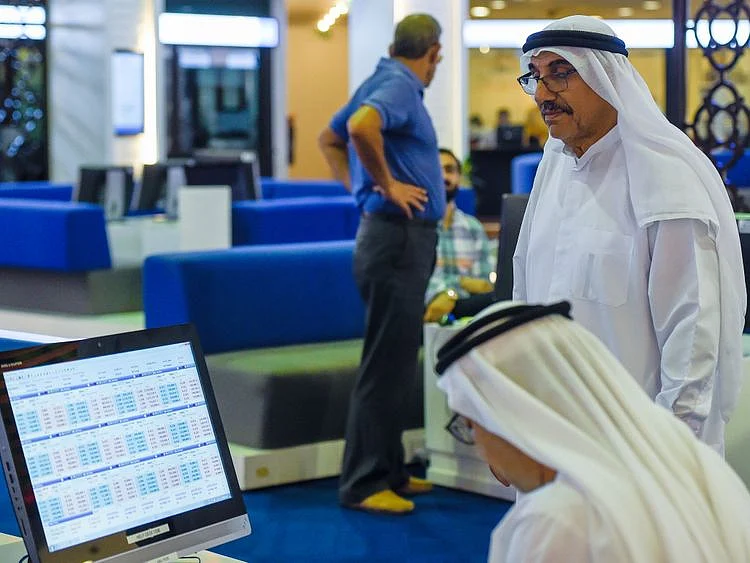Emerging market stocks and currencies attempted a comeback on Tuesday, as investors cautiously warmed to riskier assets with few signs of a further immediate escalation in tensions between the United States and Iran.
Market players around the globe also reassessed the risk of an all-out conflict between the two countries after the killing of Tehran’s top general in a U.S. air strike on Friday set off a bout of risk aversion.
MSCI’s index for developing world stocks rose 0.4% after falling for two straight days. The index posted a solid finish to 2019 with a more than 15% yearly gain.
“In the instant gratification world we live in, a lack of immediate action by Iran has, in fact, seen the haven momentum wane overnight,” Jeffrey Halley, a senior market analyst for Asia Pacific at OANDA, wrote in a note.
Investors are now looking forward to the signing of a Phase 1 trade deal between the United States and China on January 15, after the cooling of trade tensions between both sides earlier last month helped boost demand for riskier emerging market assets.
“We may have reached the point of ‘peak tariffs’ between the U.S. and China, and this deal could represent the start of a series of phased rollbacks,” said Mark Haefele, chief investment officer at UBS Global Wealth Management.
“But the rivalry between the U.S. and China has not gone away. Investors will be alert for any sign that tensions are re-emerging, or either side is dissatisfied with the implementation of the Phase 1 agreement.” Among currencies, the South African rand was a clear outperformer, rising 0.5% to 14.1501 to the dollar. The currency started the week on the backfoot following the resumption of power cuts at South Africa’s struggling state utility Eskom, but ended higher on Monday.
The Turkish lira and the Russian rouble also firmed against the dollar, while eastern and central European currencies like the Polish zloty, the Hungarian forint and the Czech koruna traded flat to lower against the euro.
Sign up for the Daily Briefing
Get the latest news and updates straight to your inbox
Network Links
GN StoreDownload our app
© Al Nisr Publishing LLC 2026. All rights reserved.
